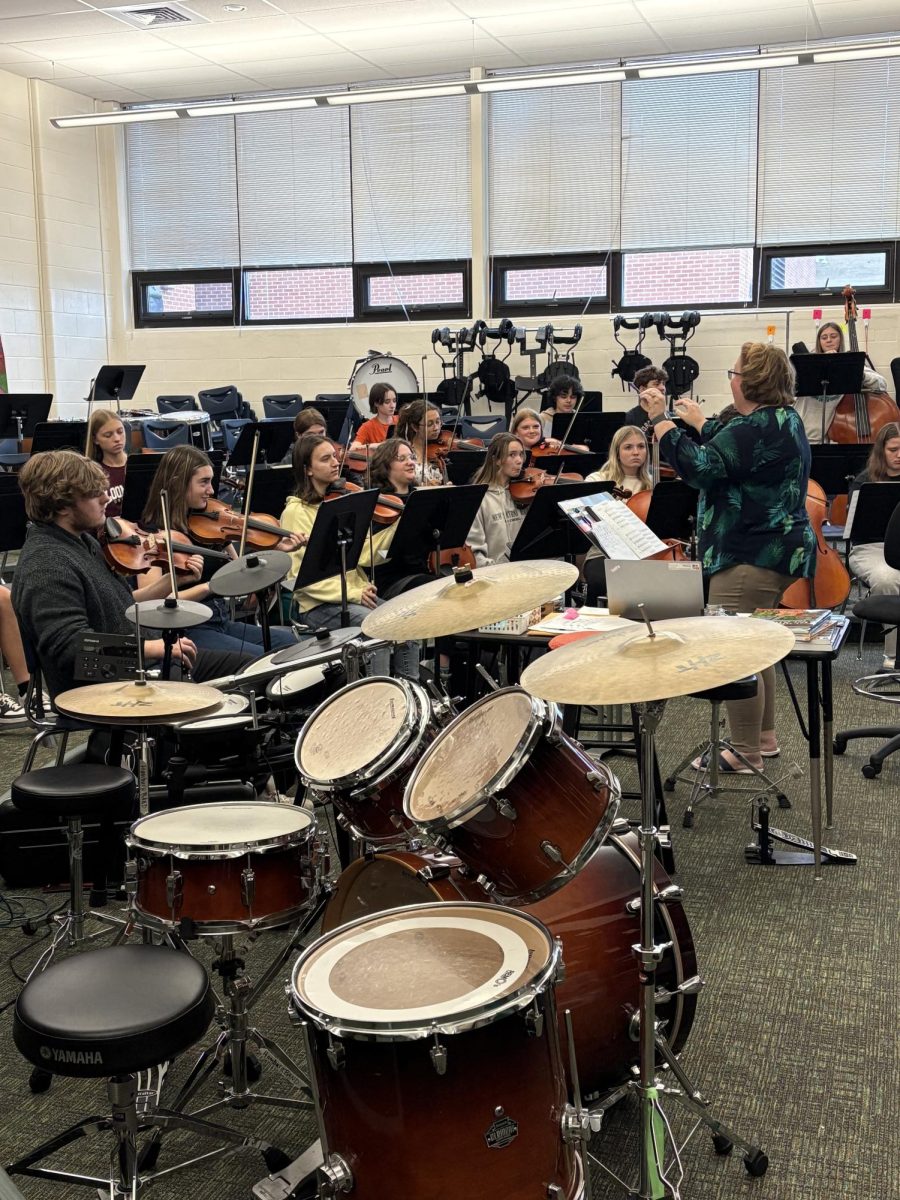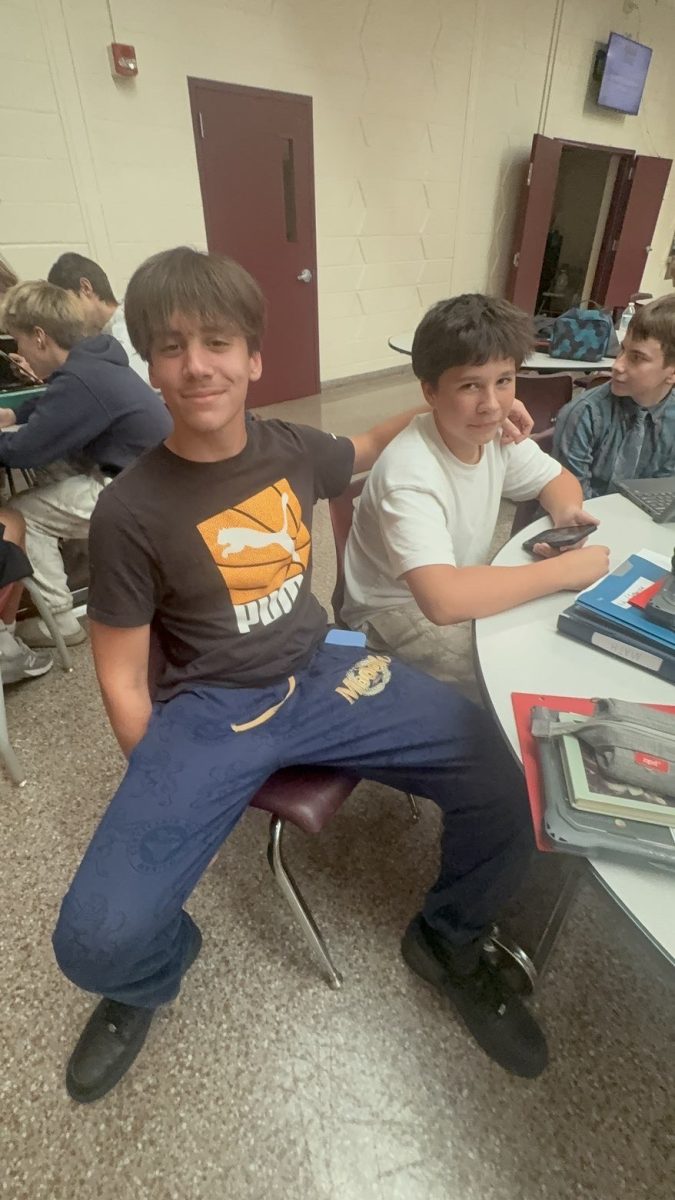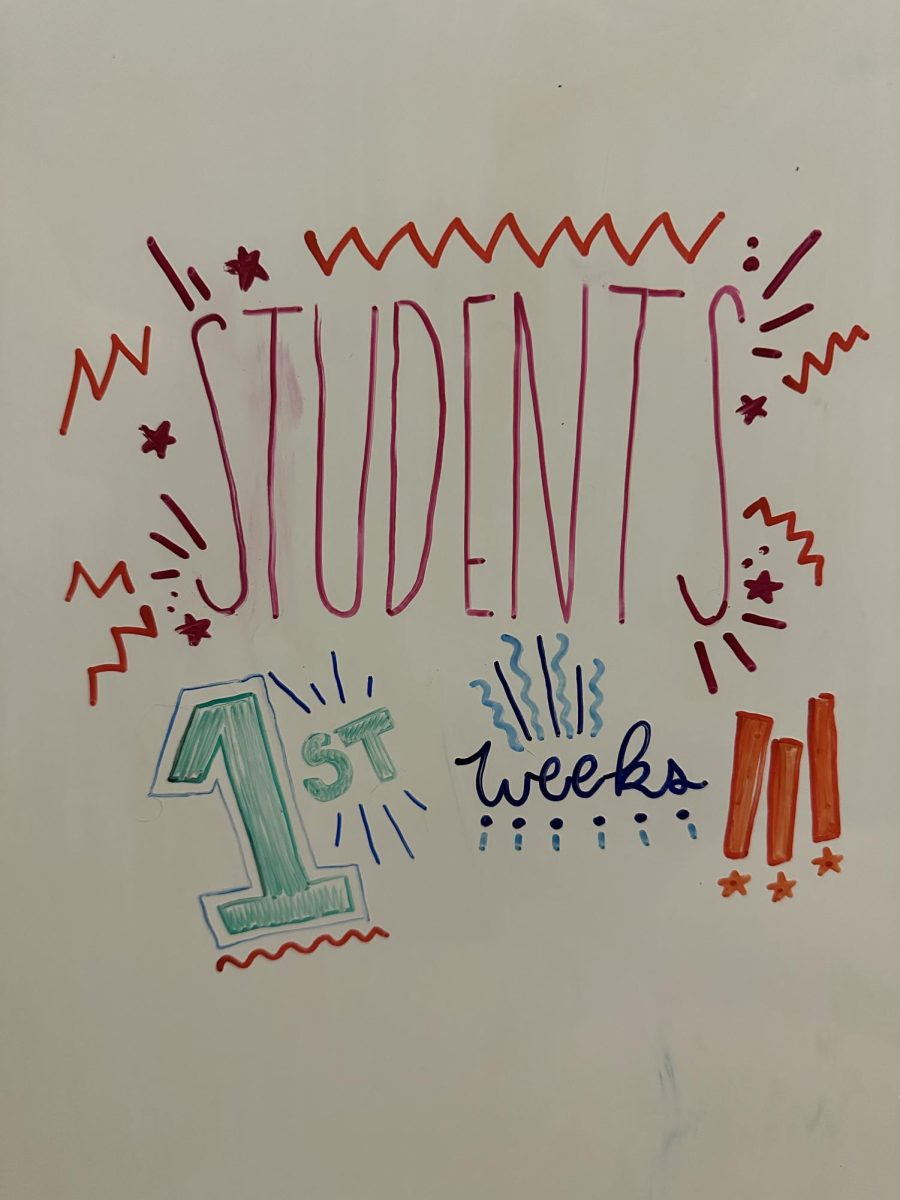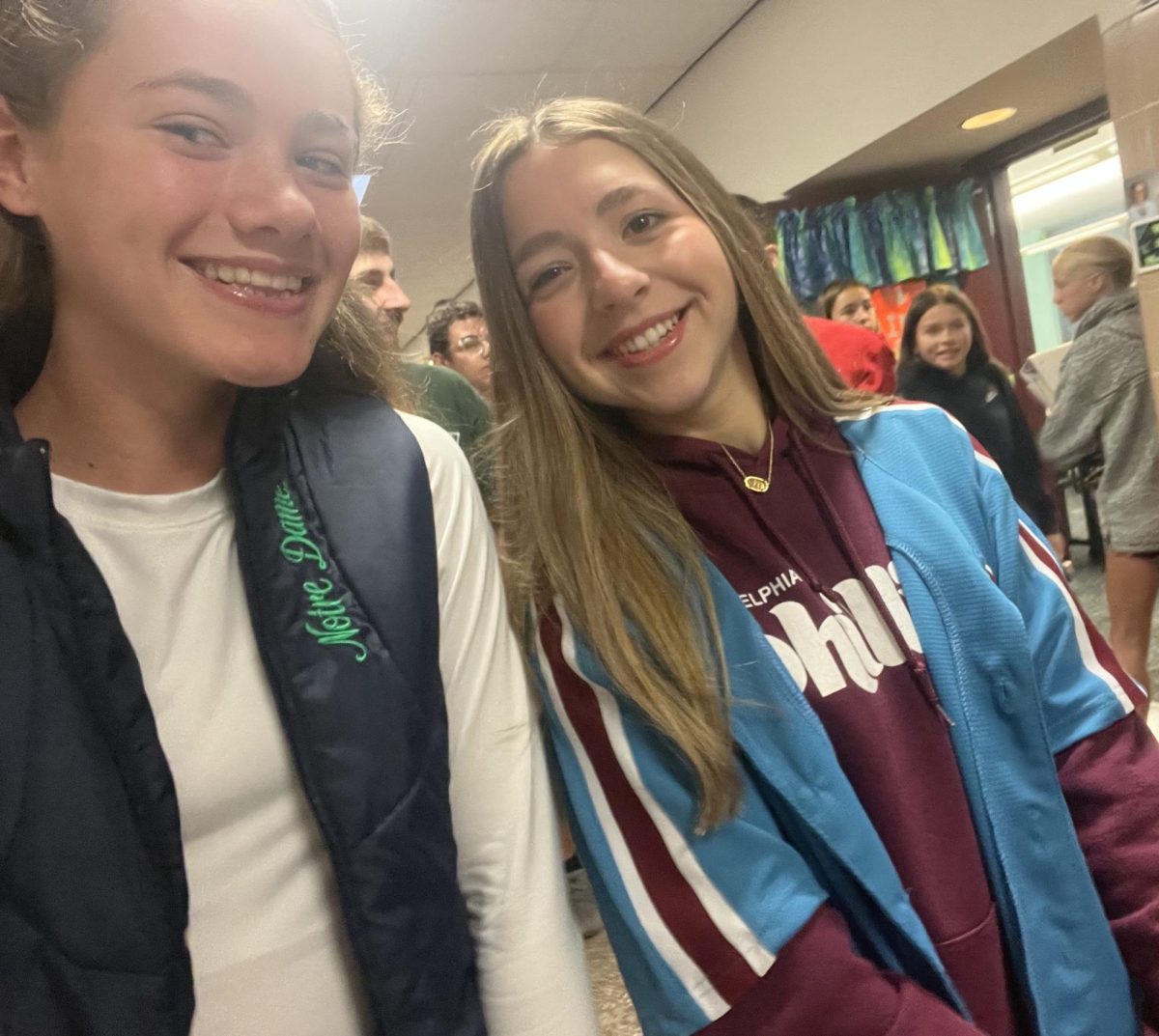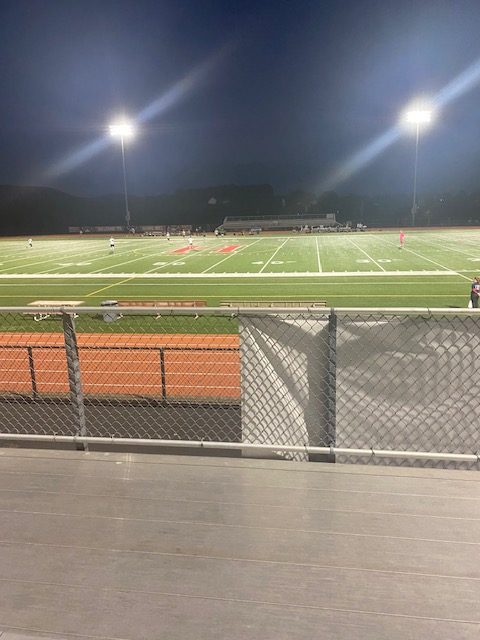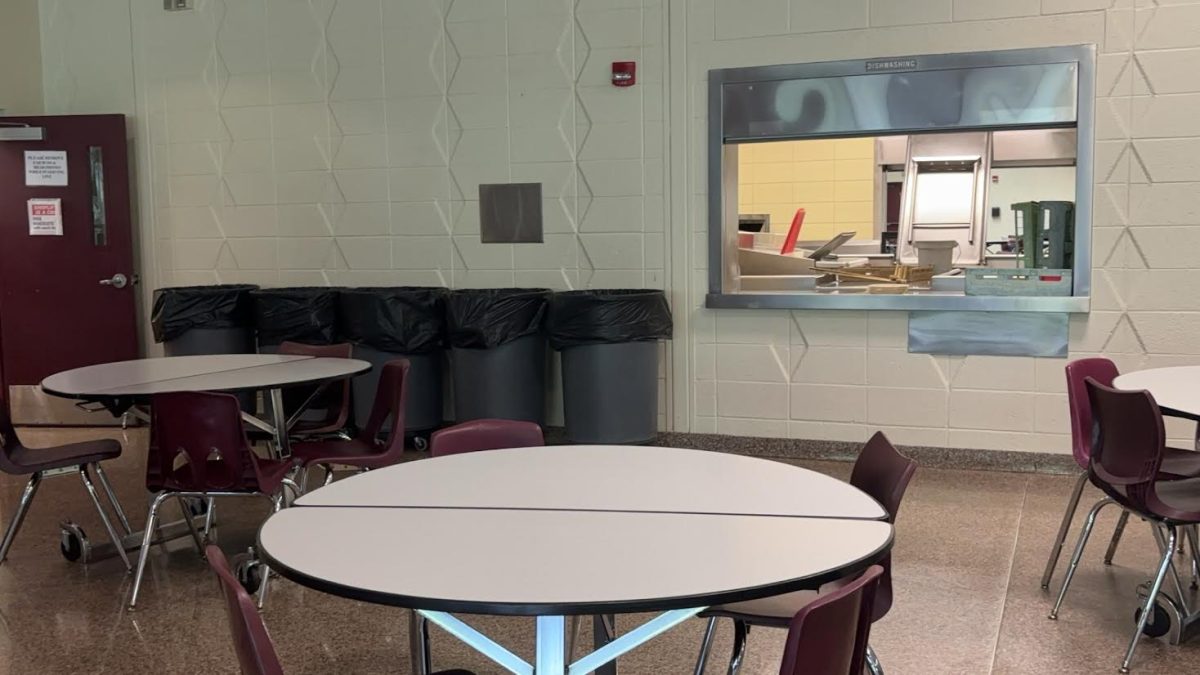Schools produce a staggering amount of waste every day, much of which comes from uneaten food items. This issue is particularly in school cafeterias, where students often purchase lunches that contain food they do not plan on eating due to nutritional value or personal preference. Many students are faced with the difficult decision of choosing between healthy but unappealing food options or indulging in more appealing but less nutritious choices. This often leads to students purchasing food items they do not consume, resulting in wasted food and money.
To combat this issue, schools should consider implementing a system where students can place unopened and unused food items in a designated basket or bin. This would not only reduce food waste but also provide an opportunity for those in need to access the items for additional nutrition. Furthermore, schools can also work to provide more nutritious food options that cater to students’ preferences.
Educating students about the importance of sustainability and mindful consumption can also help instill good habits early on. By raising awareness about food waste and its impact on the environment, students can become more conscious of their food choices and make decisions that align with their values.
Senior Alyssa Thomas, who shares lunch A with many students also sees this waste. “I know it is by law to provide, and “make” the students grab at least a fruit or a vegetable, that’s not my issue. Mine is the amount of unopened food items I see thrown away. As I know some students lack food at home, this waste is infuriating. I agree, I think a basket that students can throw their unopened food items would be great, then at least those items will be eaten by someone who needs it.”
Schools can most definitely reduce waste, it is just a matter of fact of who is willing to take accountability. To set out a small bin, to announce this on morning announcements, would immediately make a change. Even if that change is small, it is still reducing waste. Luckily, our school has a greenhouse. Numerous schools participate in compost bins. Untouched fruits and vegetables can be used as plant food instead of trash can fillers. “Schools accumulate tons of waste—from paper and computers to food and books. By learning how to properly handle this waste, schools can influence the future of their school, school district, and students, and have a significant impact on the environment.” The EPA makes it clear, schools are responsible for the majority of their waste. At Hamburg, we do have recycling bins that are now “useless and improperly used” due to a fine from the school’s recycling company. Our school does not recycle, and if any, does not recycle properly. Throughout Elementary school, our students have been taught the 3 r’s. Reduce, reuse, recycle. Why teach it if we cannot put it into practice?
Addressing the issue of food waste in schools requires an approach that involves collaboration between students, teachers, cafeteria staff, and administration. By implementing strategies to minimize waste, providing opportunities for redistribution of unused food items, and promoting sustainable practices, schools can work towards creating a more environmentally friendly and mindful food environment for students.




